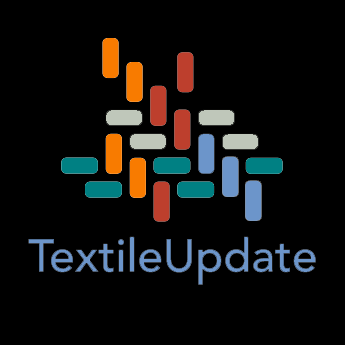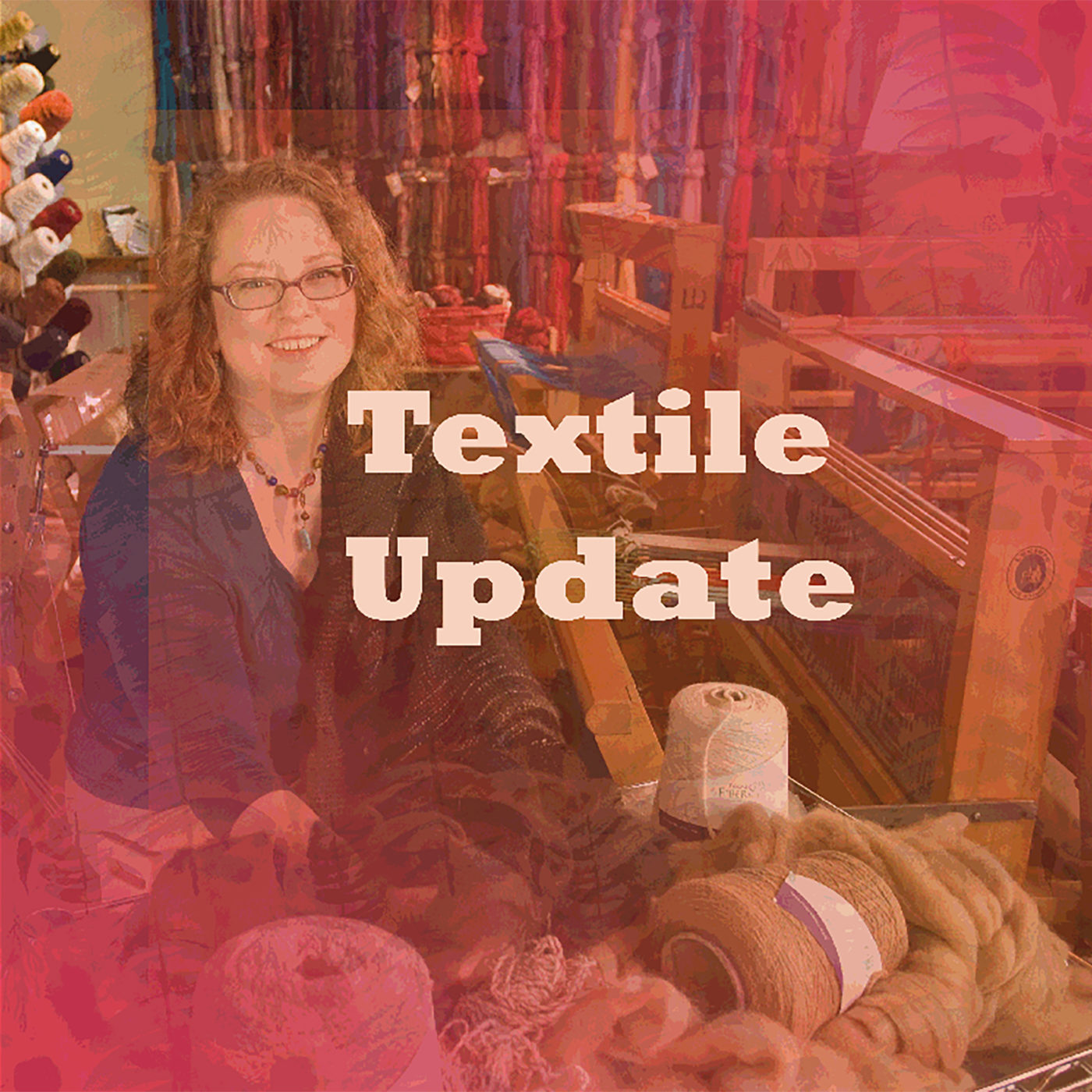Season 4 Introduction
- November 17, 2024
- Tagged as: Introduction, podcast, textiles
Podcast: Play in new window | Download
Podcast: Play in new window | Download
Podcast: Play in new window | Download
Podcast: Play in new window | Download
Podcast: Play in new window | Download
Podcast: Play in new window | Download
Podcast: Play in new window | Download
Podcast: Play in new window | Download
Podcast: Play in new window | Download
Podcast: Play in new window | Download
Podcast: Play in new window | Download
Podcast: Play in new window | Download
Podcast: Play in new window | Download
Podcast: Play in new window | Download
Podcast: Play in new window | Download
Podcast: Play in new window | Download
Podcast: Play in new window | Download
Podcast: Play in new window | Download
Podcast: Play in new window | Download
Podcast: Play in new window | Download
Podcast: Play in new window | Download
Podcast: Play in new window | Download
Podcast: Play in new window | Download
Podcast: Play in new window | Download
Podcast: Play in new window | Download
Podcast: Play in new window | Download
Podcast: Play in new window | Download
Podcast: Play in new window | Download
Podcast: Play in new window | Download
Podcast: Play in new window | Download
Podcast: Play in new window | Download
Podcast: Play in new window | Download
Podcast: Play in new window | Download
Podcast: Play in new window | Download
Podcast: Play in new window | Download
Podcast: Play in new window | Download
Podcast: Play in new window | Download
Podcast: Play in new window | Download
Podcast: Play in new window | Download
Podcast: Play in new window | Download
Podcast: Play in new window | Download
Podcast: Play in new window | Download
Podcast: Play in new window | Download
Podcast: Play in new window | Download
Podcast: Play in new window | Download
Subscribe: RSS
Podcast: Play in new window | Download
Podcast: Play in new window | Download
Subscribe: RSS


